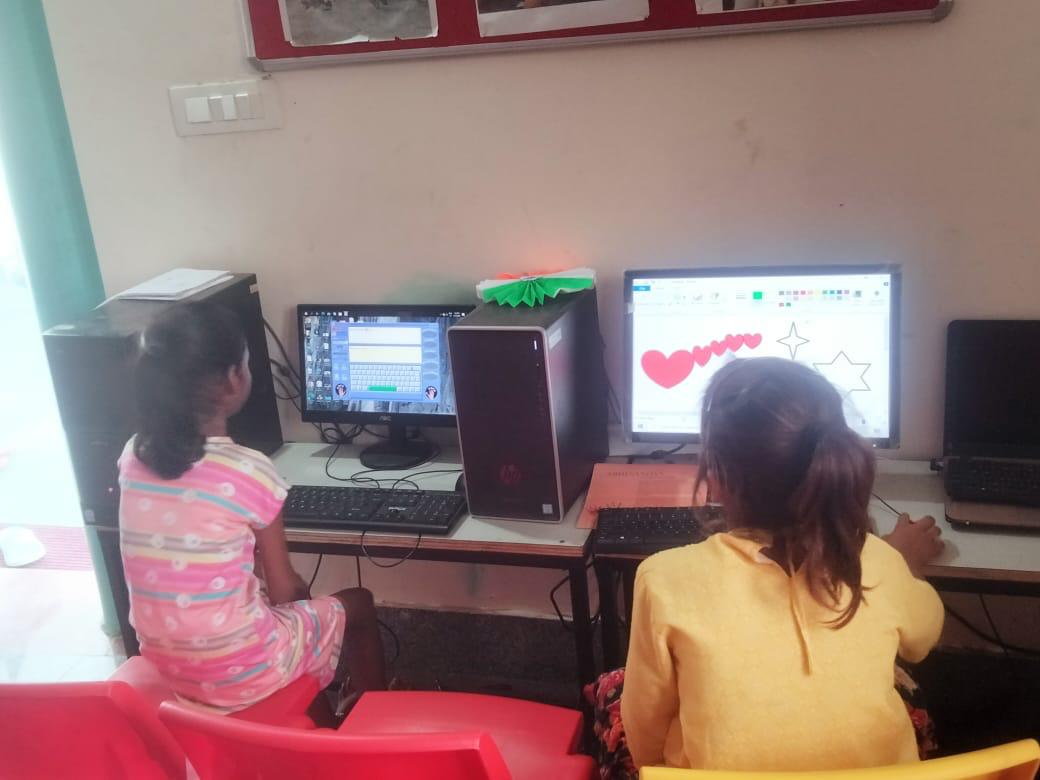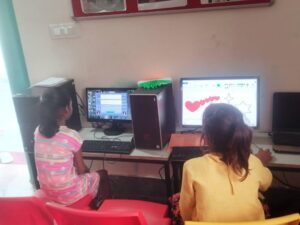New Year and Skill Development in India

The
New Year and Skill Development in India

The New Year is a time of celebration, reflection, and resolution for many people around the world. It is also a time to look forward to the future and hope for positive changes and opportunities. Skill development is crucial for India’s young population and growing economy in the coming year. Skill development enhances abilities for economic growth, boosting productivity, employability, and social inclusion. India faces many major challenges to skill development, such as poverty, low-quality education, and skill mismatches. This article discusses the upcoming revolution in skill development in India and My Abhinandan‘s contributions.
New Year A Time of Celebration, Reflection, and Resolution
The New Year is a common and universal phenomenon, but it is also a diverse and cultural one. Cultures celebrate the new year differently, with unique calendars and traditions. The Gregorian calendar marks the New Year on January 1, unlike other cultures’ calendars. Common New Year celebrations include fireworks, parties, special foods, resolutions, and good wishes.
The New Year is a time for reflection on the past and setting resolutions. Reflection helps us assess our achievements, failures, strengths, weaknesses, joys, and sorrows from the past year. It can also help us learn from our experiences and mistakes, and appreciate our blessings and opportunities. Resolutions help us set goals, plan actions, and commit to our values for the year. It can also help us improve ourselves and our lives, and make a positive difference in the world.
Skill Development in India: Challenges and Opportunities
India has over 1.3 billion people, with 65% under 35, presenting a potential demographic dividend. Only 2.4% of India’s workforce has formal vocational training, while 8.9% has informal training. Most of the Indian workforce lacks the skills needed for today’s dynamic economy. The ASER report states that only 50% of rural Indian children can read or do basic math by age 14. This means that the quality and accessibility of education and training in India are low and inadequate.
Some of the challenges and gaps that hinder skill development in India are:
-
Low enrolment and completion rates in education stem from poverty, poor infrastructure, and poor teaching quality.
-
The workforce skills often mismatch employer needs due to rapid technological and market changes.
-
Limited access and quality of vocational training hinder youth due to cost, awareness, and recognition.
-
Social and gender disparities in skill development arise from stereotypes, discrimination, and inadequate inclusive policies.
-
The COVID-19 pandemic disrupted education and employment, affecting millions and increasing uncertainty.
However, despite these challenges and gaps, there are also many opportunities and initiatives to promote and enhance skill development in India, such as:
- The government initiatives and policies to promote skill development and entrepreneurship, such as the Skill India Mission, which aims to train 400 million people by 2022, the National Skill Development Corporation (NSDC), which is a public-private partnership to fund and facilitate skill development, and the Pradhan Mantri Kaushal Vikas Yojana (PMKVY), which is a flagship scheme to provide short-term skill training and certification to the youth.
- The potential of digital and online platforms to provide flexible and affordable learning opportunities, especially in the wake of the COVID-19 pandemic, has accelerated the adoption of e-learning and online education and has opened up new avenues and possibilities for skill development.
- The collaboration and partnership of various stakeholders, such as the industry, civil society, and international organizations, to support and supplement the efforts of the government and the education and training providers, and to bring in innovation, diversity, and quality in skill development.
My Abhinandan: Leading Skill Development NGO in India
My Abhinandan is a non-governmental organization that works for the empowerment and welfare of women and children, especially the victims of acid attacks, through skill development and advocacy. Acid attacks involve throwing corrosive substances on a person, often targeting women, to cause harm or disfigurement. According to the National Crime Records Bureau (NCRB), there were 226 cases of acid attacks reported in India in 2019. Still, the actual number could be much higher, as many cases go unreported or underreported. Acid attack survivors endure physical, psychological, social, and economic challenges, including scars and trauma.
Abhinandan envisions a society where women and children are respected, valued, and empowered to live with dignity and freedom. My Abhinandan’s mission is to provide holistic support and rehabilitation to the survivors of acid attacks and other forms of violence and to enable them to become self-reliant and confident through skill development and entrepreneurship. My Abhinandan’s objectives are to:
-
Offer medical, legal, psychological, and financial support to acid attack survivors.
-
Provide skill development and vocational training for marginalized women and children.
-
Organize campaigns and events to prevent violence and promote women’s and children’s rights.
- Mobilize resources and partnerships to support acid attack survivors through fundraising and volunteers.
Some of the examples and success stories of My Abhinandan’s contribution to skill development in India are:
- Over 500 disadvantaged people and victims of acid attacks got job training with My Abhinandan.
- The Abhinandan provides assistance, guidance, & care that help people with acid attacks restore their confidence.
-
My Abhinandan influenced government policies on acid attacks through lobbying, petitions, and legal action.
- “My Abhinandan” raises awareness about acid attack survivors’ potential and challenges stereotypes.
Conclusion
Skill development is vital for India to harness its demographic dividend and enhance economic growth. However, Skill development NGOs in India face challenges like low-quality education, skill mismatches, and social disparities. They should support a skill development revolution in India and empower women. My Abhinandan is a leading NGO empowering women and children, focusing on acid attack victims through skill development and advocacy.
Over 500 disadvantaged women & victims of burns profited from My Abhinandan’s guidance, it helps them regain confidence and overcome trauma. My Abhinandan has shaped policies on acid attack awareness and survivor support, emphasizing skill development. This New Year, let’s commit to supporting My Abhinandan and other organizations for women’s empowerment in India. Let’s hope for a skill development revolution that fosters inclusivity and prosperity for all.

Leave a Reply